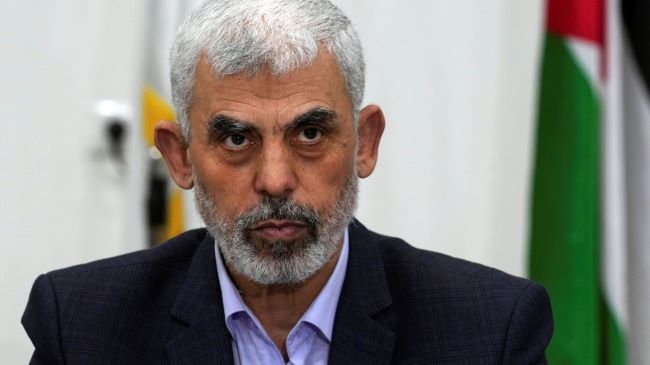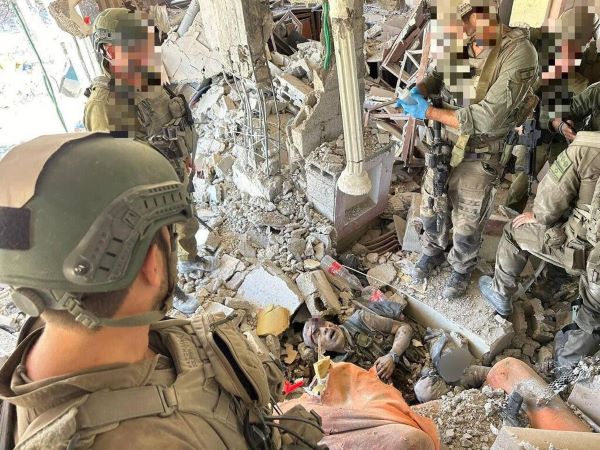Is end of Gaza war in sight with killing of Hamas leader, Sinwar?

The recent killing of Hamas leader Yahya Sinwar by Israeli forces marks a pivotal moment in the ongoing conflict in Gaza, raising questions about the future of the war and the potential for peace.
For over a year, Sinwar remained in hiding within Gaza’s intricate tunnel networks, evading capture despite several Israeli military campaigns. His death was confirmed after a fierce confrontation in northern Gaza. Israeli Prime Minister Benjamin Netanyahu hailed his elimination as a victory for Israel, but he also emphasized that the broader fight against Hamas is far from over. Israeli forces continue operations to rescue hostages and neutralize other militants.
U.S. President Joe Biden echoed this sentiment, calling Sinwar’s death “a good day for the world.” Biden likened it to the killing of Osama Bin Laden, highlighting the moment as an opportunity to seek a political resolution and potentially free the hostages held by Hamas. Biden stressed that Sinwar had been a major roadblock to peace, and his removal could open up new paths for negotiations between Israel and Palestine.
However, the end of the conflict is not guaranteed. Hamas remains resilient, and some analysts warn that Sinwar’s death could escalate tensions further. Global reactions have been mixed, with some calling for an intensified focus on humanitarian aid and peace talks, while others worry about the war’s potential escalation. As the international community watches, the future of Gaza hangs in the balance
Background on Yahya Sinwar
Yahya Sinwar’s rise within Hamas began shortly after the organization’s founding in 1987. Known for his violent methods, he played a crucial role in establishing Hamas’s internal security force. His involvement in anti-Israeli activities led to his arrest and subsequent life sentence in 1988 for orchestrating attacks that resulted in the deaths of Israeli soldiers and Palestinian collaborators. In 2011, he was released as part of a prisoner exchange for Israeli soldier Gilad Shalit, after which he quickly rose through the ranks to become one of Hamas’s most influential leaders
 The Killing of Sinwar
The Killing of Sinwar
The operation that led to Sinwar’s death was described as part of Israel’s prolonged campaign against Hamas leadership. Reports indicate that Israeli forces had been tracking him for over a year, narrowing down his location through intelligence and surveillance. On the day of his death, Sinwar was reportedly alone when he was located and killed by Israeli troops during an exchange of gunfire.
Reactions from Israel and Beyond
The reaction to Sinwar’s killing has been mixed both domestically and internationally. Netanyahu hailed the operation as the “beginning of the end” for Hamas, while Foreign Minister Israel Katz proclaimed it a “military and moral achievement” that could pave the way for hostages’ release and a new era free from Iranian influence in Gaza






 The Killing of Sinwar
The Killing of Sinwar





